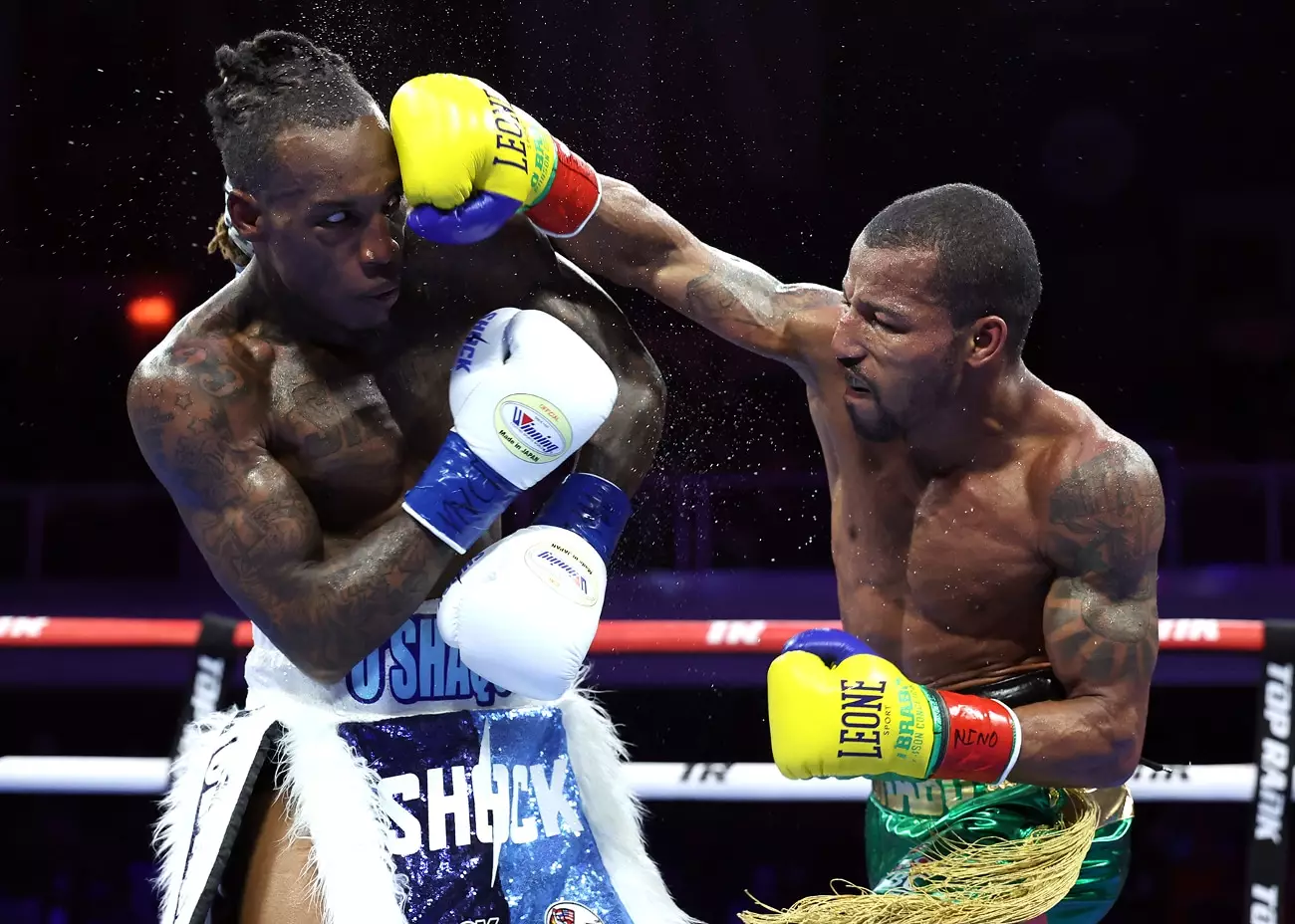In a tightly-contested rematch at the Turning Stone Resort Casino in Verona, New York, O’Shaquie Foster faced off against WBC super featherweight champion Robson Conceicao. This 12-round bout, which ended with Foster securing a split decision victory, highlighted the nuances of boxing where skill often trumps brute power. Foster, who came in with a record of 23-3 and 12 knockouts, managed to edge Conceicao, who had a professional record of 19-3-1 with 9 KOs. The fight was a valuable reminder that success in boxing isn’t solely about landing powerful punches; it is also about ring intelligence, skill execution, and the ability to adapt.
At the outset, Foster displayed remarkable precision, effectively utilizing his speed and agility to connect with accurate shots while keeping distance from the slower-moving Conceicao. This initial phase of the fight favored Foster as he capitalized on his opponent’s lack of urgency. His technical prowess was evident, and he appeared to control the rhythm, enabling him to dictate the exchanges early on. Foster’s ability to land clean punches without taking significant damage allowed him to gain the upper hand in those early rounds, which is crucial for setting the tone in a championship bout.
However, as the fight progressed into the second half, the tide began to turn. Conceicao, known for his tenacity and work rate, started to find his rhythm. Unleashing a series of combinations, he outworked Foster in the later rounds, demonstrating resilience and determination. This shift showcased the fighting spirit of a champion, countering the precision of Foster’s earlier performance. Foster appeared to tire, allowing Conceicao to seize control and apply consistent pressure. The struggle for dominance in the final rounds arguably rendered the fight even more compelling, as both fighters had their moments of success.
The split decision reflected a controversial conclusion. The scorecards reading 115-113 for both fighters and Conceicao highlighted the uncertainty surrounding the bout. Many observers shared the sentiment that the fight could have just as easily resulted in a draw. Foster’s supporters, who had previously accused judges of bias, found themselves with muted reactions following this match. Their hesitance to celebrate revealed a deep-seated acknowledgment that Foster’s performance, albeit a victory, lacked the convincing edge one would expect from a champion. This disconnect between the win and the performance raises vital questions about judging criteria in professional boxing.
Ultimately, O’Shaquie Foster’s victory over Robson Conceicao may be marked more by the circumstances of the fight than by a definitive display of superiority. Whether or not such outcomes serve as a precedent for future bouts is up for debate. Boxing, as an art form, thrives on the ability to adapt and overcome, and both fighters demonstrated the depth of their craft. The murky waters of split decisions remind fans and fighters alike that in boxing, a victory can sometimes feel more like a question of survival rather than a declaration of skill excellence. The essence of this fight demonstrates the complexity within the sport, where judgement, performance, and perception often intertwine.

